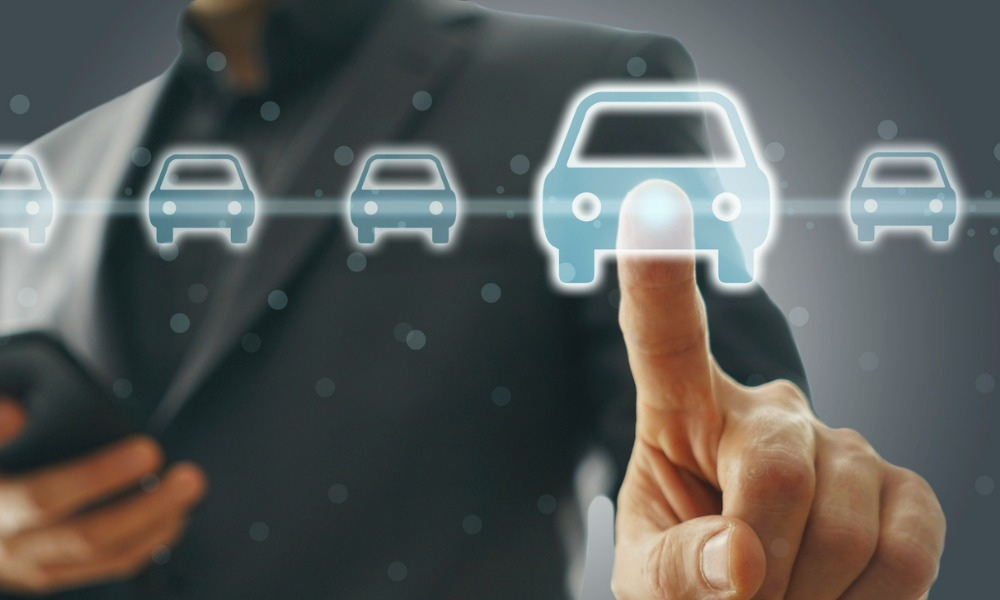
Insurance body reveals how province's new auto insurance system works

Alberta has adopted new rules regarding how auto insurance works in the province, and the Insurance Bureau of Canada (IBC) has offered explanations on how the new system works.
The province’s new Direct Compensation for Property Damage (DCPD) system came into effect on January 01, 2022. Under the DCPD, a driver’s own insurer will pay for repairs to their vehicle following a collision wherein the driver-policyholder is not at fault.
In a blog post on its website, the IBC explained that the DCPD is “a fairer and more customer-focused approach to insurance claims and vehicle repairs.” The bureau also noted that for the majority of Alberta drivers, DCPD will either reduce their premiums, or there will be no change to their insurance costs. The new system will see 42% of drivers will see a reduction – particularly those with less expensive vehicles. Meanwhile, 34% of drivers – mostly owners of more expensive vehicles that cost more to repair – will see premium increases between 0% and 5%.
IBC has also stated that Alberta’s new auto insurance system should not be confused with a no-fault auto insurance system.
“This is specifically dealing with the vehicle damages. The existing process in Alberta where you claim through your own company and also through the at-fault for your injuries, that process remains the same,” said IBC Western director of consumer & industry relations Rob de Pruis in an interview with EverythingGP.
“What’s changing here is just you deal with your own insurance company for your own vehicle damages when you are involved in a collision.”
Previously before the new system, it was the insurer of the at-fault party that paid for vehicle damage.
The director also mentioned that thanks to the new system, policyholders do not have to deal with an insurance company that is unknown to them.
“Under this new process, you deal with your own insurance company, the company that you chose to have your insurance coverage with.”
“What’s really nice is vehicle owners don’t have to do anything. They have their insurance. When they’re involved in an accident, they just contact their own insurance provider, and that repair process starts a lot quicker,” said de Pruis.
“It is a more fair and more efficient process for vehicle claims.”